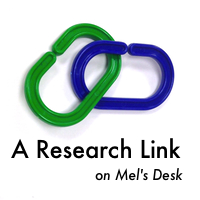
Over the last few years, I’ve spent a lot of time surfing and following research breadcrumb trails to find interesting studies to share with parents and staff. Often the results aren’t huge and sweeping, but instead provide a little aha! moment about one small corner of the early literacy universe. I love it when the findings are bite-sized and accessible and can be dropped easily into presentations or conversations with parents.
One study at Utah State from a few years ago compared how mothers interact with their toddlers while reading both wordless picture books and picture books with text. One of the researchers says, “We found that when creating a story or just responding to pictures, the parent used many words and complex sentence structures while engaging with their child. That level of engagement wasn’t as present when reading books with text.”
Along the same lines, here’s an article from Early Childhood News that describes what teachers observed when they started using wordless picture books intentionally in their classroom centers.
The Utah State study was focused on young children with developmental disabilities, but the findings about the parents’ language usage I think are more broadly relevant. With parents who aren’t sure how to “read” a wordless book with their children, it’s powerful to be able to share with them that the important thing isn’t “getting the story right” but instead being able to use the pictures to prompt conversations that might use new and different words and ideas. We can tell parents that conversations DO help prepare children to be readers. Since all of our written language skills are based on oral language skills, hearing lots of different words and different types of sentence structures are some of the things that help children build a solid language foundation that will help them when they start to learn to read.
Wordless books are also wonderful to share with ESL families, because with few or no words, the books can be “read” and support conversations in any language.
After I drafted this post, I found that Kristen Remenar already pointed to the same study in a great post for the Nerdy Book Club, and recommended some favorite wordless picture books, so check that out too!


.jpg)

2 Responses to Research Link: Wordless Books